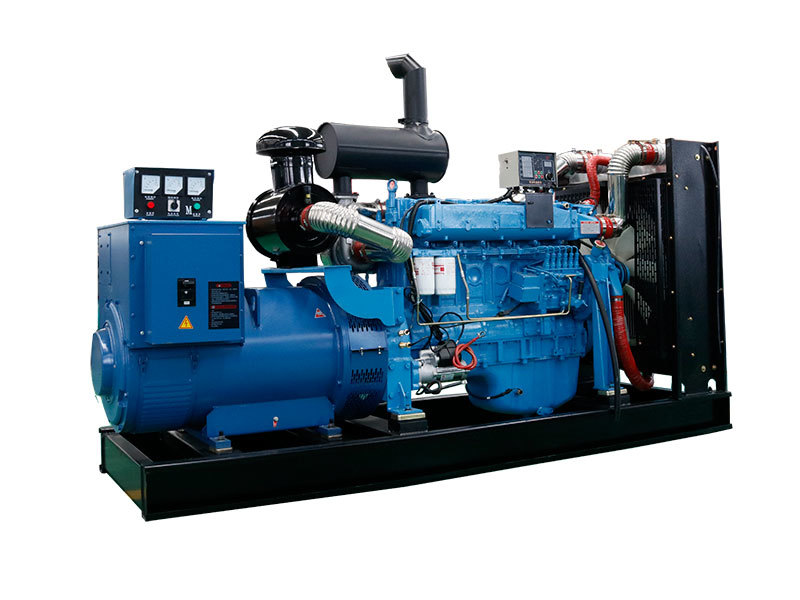Choosing the right generator involves a careful consideration of various factors, and increasingly, environmental impact plays a crucial role. This leads us to the critical comparison of eco-friendly and conventional generator sets, focusing specifically on the diverse range of benefits each offers. Understanding these advantages allows for informed decisions that align with both power needs and environmental responsibility.
Conventional generators, typically powered by diesel or gasoline, have long been the industry standard. Their primary benefit lies in their robust power output and reliability. They can handle heavy loads and operate for extended periods, making them suitable for construction sites, large events, and emergency power backup for businesses and homes. The established technology and widespread availability also contribute to lower upfront costs compared to their eco-friendly counterparts. However, this established technology comes with a price – higher emissions.
Eco-friendly generators, on the other hand, offer a compelling alternative. These generators utilize cleaner fuels and advanced technologies to minimize their environmental footprint. Solar-powered generators harness the sun’s energy, providing clean and silent operation, particularly useful for camping or off-grid cabins. Propane generators offer a lower-emission alternative to gasoline and diesel, producing less harmful pollutants while still delivering substantial power. Furthermore, some eco-friendly models incorporate features like automatic start/stop systems, optimizing fuel consumption and further reducing emissions.
One key benefit of eco-friendly generators is their reduced operational cost. While the initial investment might be higher, the long-term savings on fuel and maintenance can be substantial. Solar generators, after the initial purchase, have virtually no fuel costs, making them an attractive option for long-term use. Propane generators also benefit from typically lower fuel prices compared to gasoline and diesel. Moreover, reduced maintenance requirements, due to fewer moving parts in some models, contribute to overall cost savings.
Noise pollution is another significant factor to consider. Conventional generators are notorious for their loud operation, which can be disruptive in residential areas or sensitive environments. Eco-friendly options, especially solar and some propane models, operate much more quietly. This makes them ideal for applications where noise reduction is a priority, such as powering medical equipment in a mobile clinic or providing backup power for a quiet neighborhood.
Consider the long-term implications of your generator choice. Are you prioritizing immediate cost savings or investing in a sustainable future? This question highlights the balance between the initial investment and the long-term operational costs and environmental impact.
The portability of a generator is also a crucial factor for many users. Smaller, portable eco-friendly generators are readily available, perfect for camping, tailgating, or powering small devices during a power outage. While conventional generators also offer portable options, they are often heavier and bulkier due to the larger engines required for higher power output.
Looking towards the future, advancements in battery technology are driving further innovation in eco-friendly generator design. Battery-powered generators are becoming increasingly powerful and affordable, offering a truly silent and emission-free alternative. These advancements are making eco-friendly generators a more viable option for a wider range of applications.
For businesses, choosing eco-friendly generators can be a powerful statement of corporate social responsibility. Demonstrating a commitment to sustainability can enhance brand image and attract environmentally conscious customers. Furthermore, some regions offer incentives and rebates for businesses that invest in green technologies, potentially offsetting the higher upfront costs.
Ultimately, the best generator for you will depend on your specific needs and priorities. Do you require high power output for heavy-duty applications, or is a quieter, more sustainable option better suited for your needs? Careful consideration of factors like power requirements, fuel type, noise level, and budget will help you make the best decision.
The debate between eco-friendly and conventional generators ultimately boils down to balancing power needs with environmental responsibility. While conventional generators offer robust power and established reliability, eco-friendly models offer a path towards sustainable energy solutions. As technology continues to advance, the benefits of eco-friendly generators are becoming increasingly compelling, paving the way for a greener future in power generation.





